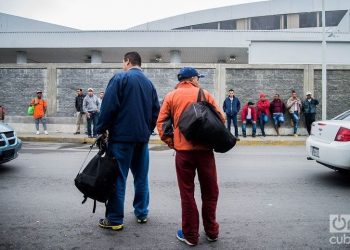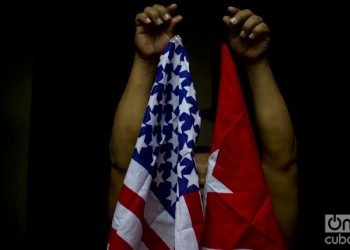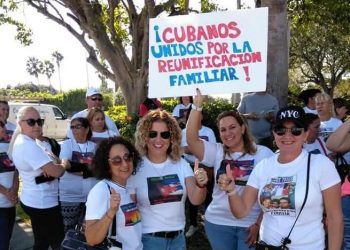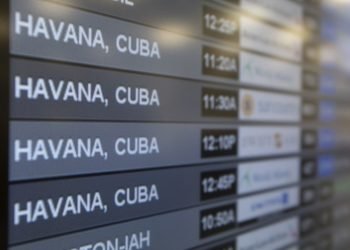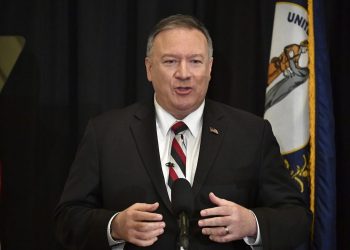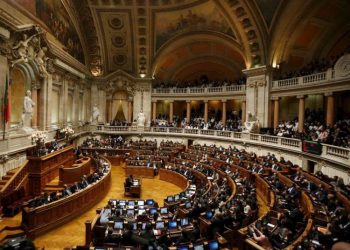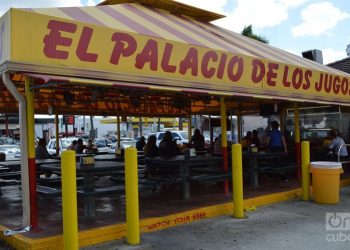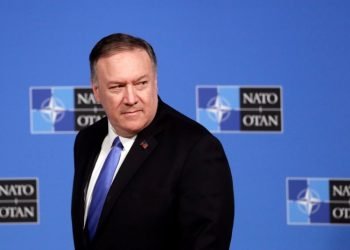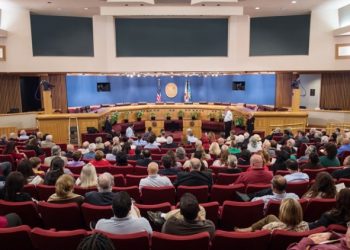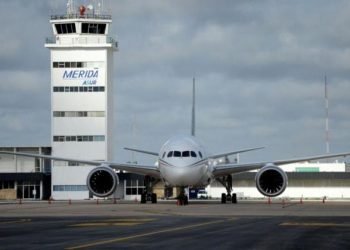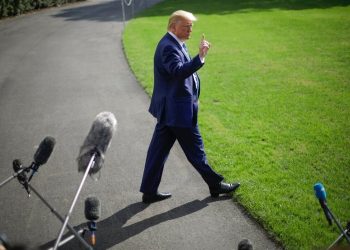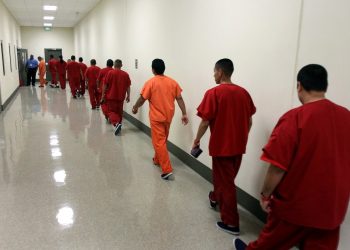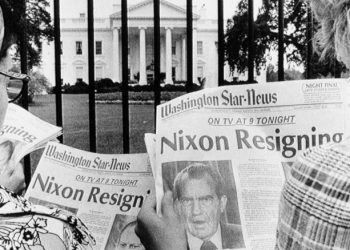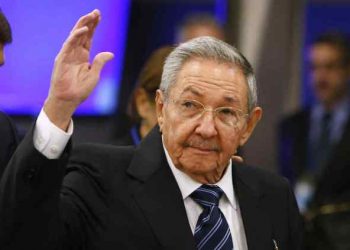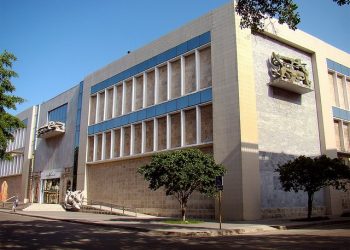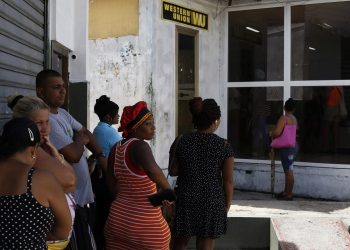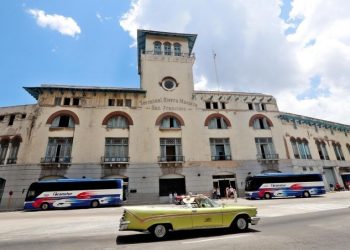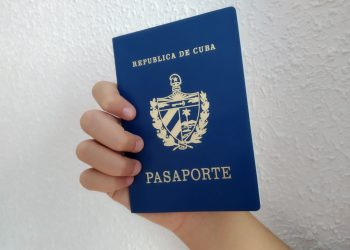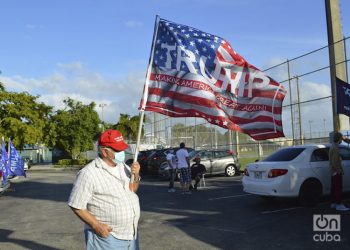Two Cubans who swindled public health system condemned in Miami
The Pichardos are daring people. Two decades ago they crossed the Straits of Florida on a raft. And in Miami they swindled 38 million dollars from Medicare for six years. But they were caught. This Monday it was reported that a federal judge in Miami sentenced Rodolfo Pichardo, 71, to a 15-year prison sentence, and his wife, Marta Pichardo, 66, to 8 years in prison. Between 2010 and 2016 both created six home healthcare agencies, three health personnel firms and two pharmacies, with which they devised a scheme to charge the federal government for subsidized medical services that were never provided. Although the couple pleaded guilty, the judge had no mercy and the man received the maximum possible penalty for his crime. The scheme is simple. They recruit people who receive subsidized medical services, pay them to sign the sworn statements that they have received treatment and send the bill to the government. In this case, the scam was a bit more sophisticated, because it was extended to medicines and for that they created the two pharmacies. The Pichardos have not been the only ones to defraud the government in this way. In fact, federal authorities have been constantly saying...


